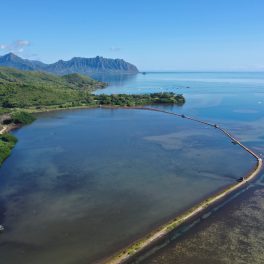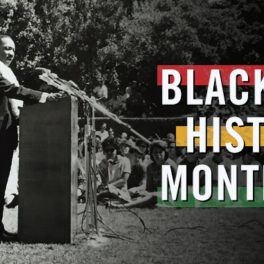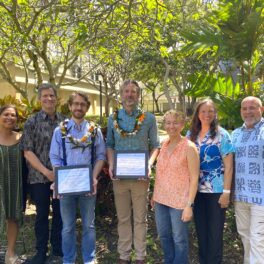375 National Academy of Sciences members: Don’t abandon Paris Climate Agreement
 David Karl, left, and Edward DeLong
David Karl, left, and Edward DeLong
On Sept. 20, 2016, 375 members of the National Academy of Sciences, including 30 Nobel Laureates and two University of Hawaiʻi at Mānoa oceanographers, published an open letter that draws attention to the serious risks of climate change. The letter also highlights the urgent need to reduce heat-trapping emissions as part of the Paris Agreement. The scientists warn that a U.S. withdrawal from this agreement would diminish U.S. credibility internationally, hobble U.S. economic competitiveness in developing and marketing clean energy sources and undermine the worlds ability to deal with climate change. The Republican nominee for president has advocated withdrawing from the Paris Agreement, as documented here and here.
The National Academy of Sciences was formed under President Abraham Lincoln to provide independent scientific advice to policymakers. Academy membership is considered one of the highest honors in science. Among the 375 signers are noted physicist Stephen Hawking and biologist E.O. Wilson, and 30 Nobel Prize winners. The signers are acting in their capacity as citizens and scientists. The letter is not an official communication from the academy or from other institutions with which the scientists are associated.
Climate scientist Benjamin Santer, who helped organize the letter, said he felt it was important to speak out. “Human-caused climate change is real, is serious and is happening now. The United States has to be a leader in international efforts to reduce greenhouse gas emissions and solve this global problem.”
David Karl, a UH Mānoa oceanographer who was elected to the academy in 2006 and served as a lead author on the 2013 IPCC Climate Assessment Report, said “Marine ecosystems are especially vulnerable to climate change. Unless we deal directly with this present crisis, the future ocean will be warmer, more acidic, less diverse and much less productive at all levels of the food web from bacteria to whales.”
Ed DeLong, a UH Mānoa marine microbiologist who was elected to the academy in 2008 in the environmental sciences and ecology section noted, “Climate change and the trajectory of many of its predicted effects are undeniable. As scientists and citizens, and for the good of future generations, we must face up to current day activities that contribute to climate change, and attempt to mitigate anticipated future impacts on coastal communities and cities, food and water supplies and diverse terrestrial and marine ecosystems worldwide.”
Read more on UH News.




